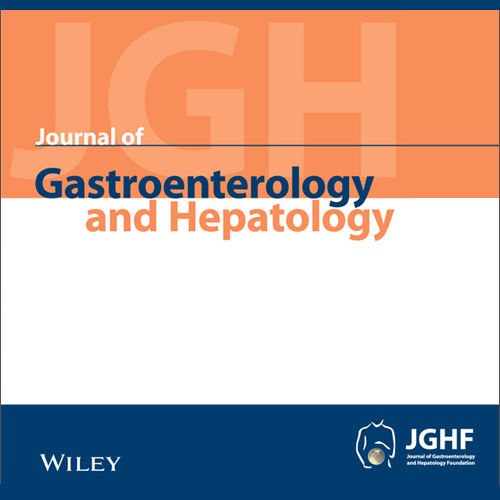Summary
Background and aim
Chronic hepatitis C virus (HCV) infection is an important cause of advanced liver disease and liver-related deaths in Australia. Our aim was to describe the burden of HCV infection and consider treatment strategies to reduce HCV-related morbidity and mortality.
Methods
Baseline model parameters were based upon literature review and expert consensus with a focus on Australian data. Three treatment scenarios based on anticipated introduction of improved direct-acting antiviral regimens were considered to reduce HCV disease burden. Scenario 1 evaluated the impact of increased treatment efficacy alone (to 80-90% by 2016). Scenario 2 evaluated increased efficacy and increased treatment uptake (2550 to 13,500 by 2018) without treatment restriction, while Scenario 3 considered the same increases with treatment limited to ≥ F3 during 2015-2017.
Results
In 2013, there were an estimated 233,490 people with chronic HCV infection: 13,850 with cirrhosis, 590 with hepatocellular carcinoma (HCC) and 530 liver-related deaths. If the current HCV treatment setting is unchanged, threefold increases in the number of people with cirrhosis, HCC, and liver disease deaths will be seen by 2030. Scenario 1 resulted in modest impacts on disease burden (4% decrease in HCC, decompensated cirrhosis, and liver deaths) and costs. Scenario 3 had the greatest impact on disease burden (approximately 50% decrease in HCC, decompensated cirrhosis, and liver deaths) and costs, while Scenario 2 had slightly lesser impact.
Conclusions
Considerable increases in the burden of HCV-related advanced liver disease and its complications will be seen in Australia under current treatment levels and outcomes. Introduction of improved direct-acting antiviral regimens with enhanced efficacy at current treatment levels will lead to limited impacts on this disease burden. A combination of increased treatment efficacy and greater uptake is required to achieve major reductions in advanced liver disease and related costs.
Countries: Australia

